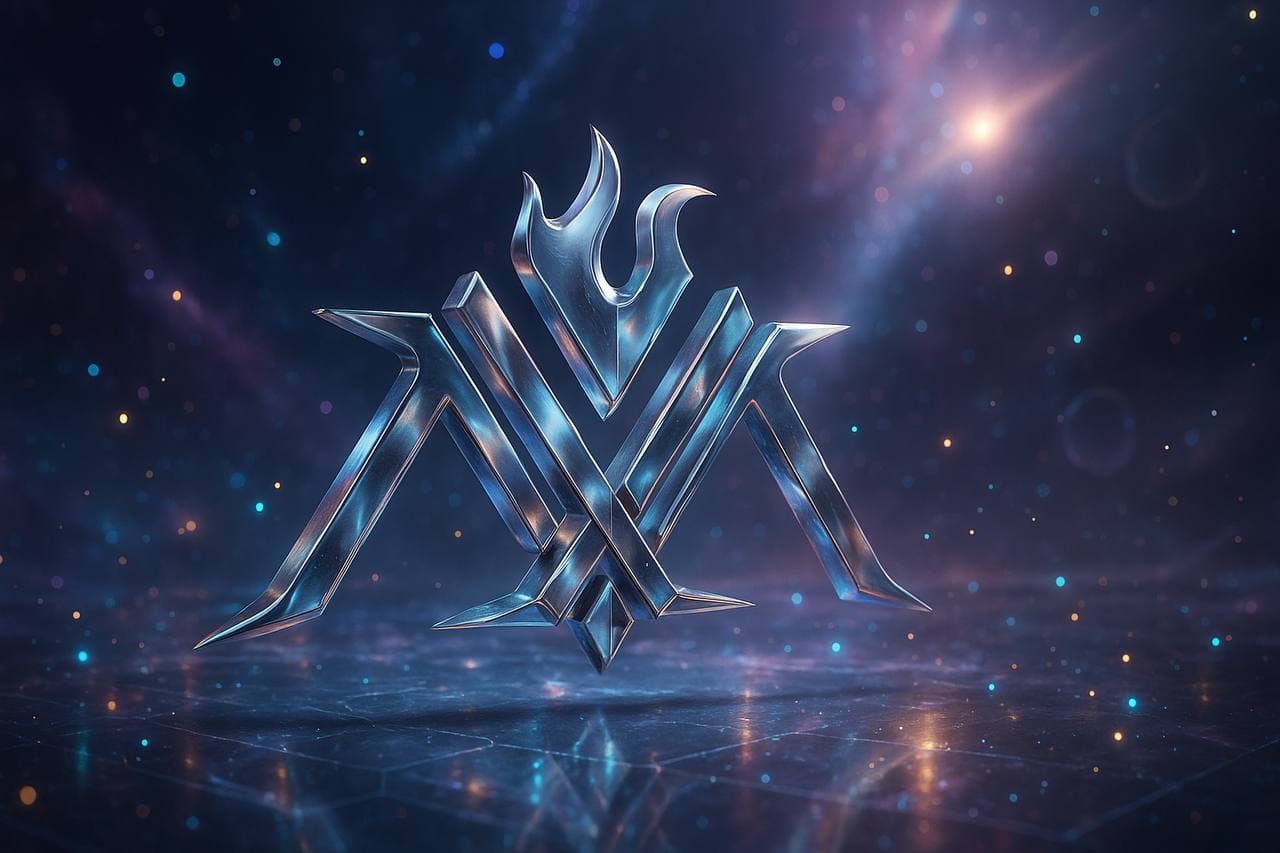Automated Crypto Trading 2.0: How AI Integration Is Changing DeFi Investing

Automated crypto trading has been a staple for savvy investors for years, with bots executing predefined strategies like grid trading or arbitrage. However, we're now entering "Automated Crypto Trading 2.0," an era where Artificial Intelligence (AI) is not just an add-on but a core driver, transforming how these bots operate and how investment strategies are conceived within the Decentralized Finance (DeFi) space.
From Rigid Bots to Adaptive AI Agents
Traditional trading bots, while effective for specific tasks, often lack the ability to adapt to rapidly changing market conditions or complex new narratives. AI integration is changing this paradigm:
- Machine Learning Optimization: ML algorithms can analyze vast historical and real-time data sets to continuously refine trading parameters, optimize entry/exit points, and improve the risk-reward profile of automated strategies.
- GPT-Powered Sentiment Analysis: AI models, particularly those fine-tuned on financial news and social media (like Venym AI's SLMs), can parse market sentiment, news releases, and even influencer discussions to provide early indicators for trading signals. This allows bots to react to qualitative data, not just quantitative price action.
- Autonomous Decision-Making: Platforms are emerging that allow users to deploy autonomous trading agents. These agents, like those being developed by Elizos for on-chain market signals, can use a combination of on-chain data, technical indicators, and AI-driven insights to make independent trading decisions.
The Rise of "DeFi AI" (DeFAI)
The convergence of AI and DeFi is giving rise to a new sub-sector often dubbed "DeFi AI" or "DeFAI." This isn't just about smarter trading bots; it's about embedding AI into the fabric of DeFi protocols to enhance various functions:
- AI-Enhanced Risk Management: AI can monitor liquidity pools, lending platforms, and user portfolios in real-time, identifying potential risks like impermanent loss spikes, cascading liquidations, or smart contract vulnerabilities much faster than manual systems.
- Automated Strategy Generation & Rebalancing: AI can assist in constructing diversified DeFi portfolios and automatically rebalance them based on risk tolerance, market conditions, and yield opportunities across different protocols.
- Intelligent Yield Farming: AI agents can dynamically shift capital between different yield farms and staking pools to optimize returns, taking into account gas fees, risk scores, and projected APYs.
- Predictive Analytics for Liquidity Provision: AI can help liquidity providers (LPs) make better decisions about which pools to enter and when, by forecasting potential fee generation and impermanent loss.
What This Means for Investors and Traders
The integration of AI into automated DeFi trading offers several compelling advantages:
- Increased Adaptability: AI-powered systems can adjust to new market dynamics more quickly than static, rule-based bots.
- Potential for Higher Alpha: By uncovering complex patterns and reacting to nuanced data, AI may unlock new sources of profit.
- Improved Efficiency: Automation of complex decision-making processes saves time and reduces the potential for human error.
- Accessibility (Potentially): While some advanced AI tools are proprietary, the trend towards DeFAI could eventually lead to more sophisticated automated trading tools becoming accessible to a broader range of investors.
However, it also introduces new considerations, such as the complexity of understanding AI-driven decisions ("black box" problem) and the potential for new types of systemic risks if AI models exhibit correlated behaviors.
Conclusion:
Automated Crypto Trading 2.0, powered by AI, is set to redefine DeFi investing. As AI models become more sophisticated and their integration into DeFi platforms deepens, we can expect more adaptive, efficient, and potentially more profitable automated trading solutions. For both casual investors and quantitative traders, understanding and leveraging these AI-driven tools will become increasingly crucial.
Venym AI is dedicated to providing the execution layer for these advanced AI agents, enabling them to translate complex, AI-generated strategies into tangible on-chain actions within the DeFi ecosystem.